Does Low Testosterone Cause Hair Loss?
Evidence Based
All the information in this blog post is accurate, trustworthy, scientifically based and has been written and fact-checked by our experts and doctors.
Our licensed nutritionists and dietitians are committed to being objective, unbiased and honest, presenting all sides of the argument.
This article includes scientific references in brackets, which are clickable links to research papers from reputable academic organizations.

Hair loss is a common concern of many individuals that is often associated with ageing and can be influenced by various hormonal factors. Testosterone is a key hormone in both men and women and has been implicated.
In this article, we will explore the connection between low testosterone and hair loss, unravelling the complexities that link hormonal imbalances to changes in hair health.
Understanding Testosterone and its Role:
Testosterone is an essential hormone in the human body, primarily associated with developing male reproductive tissues and maintaining male characteristics. However, both men and women produce testosterone, although in varying amounts. Testosterone plays a multifaceted role in the body, influencing muscle mass, bone density, energy levels, and yes, even hair growth.
Now, let’s see the connection between testosterone and hair growth.
Testosterone and Hair Growth:
People believe that testosterone is bad for hair health, but it plays a significant role in hair growth. The hormone is converted into dihydrotestosterone (DHT) by an enzyme called 5-alpha reductase. DHT helps in the development of male characteristics during puberty and contributes to the growth of body and facial hair.
Role of DHT:
In men, a specific form of testosterone called dihydrotestosterone (DHT) has been closely linked to hair loss. When testosterone is converted into DHT by the enzyme 5-alpha reductase, it can bind to receptors in hair follicles, initiating a process known as miniaturisation. This process gradually shrinks the hair follicles, shortens the lifespan of individual hairs, and ultimately results in the production of finer and shorter hair, or even the cessation of hair growth altogether. Over time, this can lead to the thinning of hair and the onset of male pattern baldness.
[ Read: Top 13 Best DHT Blocking Foods for Hair Growth ]
Hair Loss Prevention and Treatment:
We've now covered the complex connection between DHT, testosterone, and hair loss; it's time to discuss preventive measures and available treatments. Managing and preventing additional hair loss can be achieved using a complete method, even though genetic factors play a key role in androgenetic alopecia.
Hair Loss Prevention Strategies:
1. Healthy Life Style Habits:
- Balanced Diet: Make sure your diet is full of Essential nutrients, including vitamins and minerals important for healthy hair. incorporate foods like whole grains, fruits, and veggies along with lean proteins.
- Regular Exercise: Engage in regular physical activity to improve overall blood circulation, promoting the delivery of nutrients to hair follicles.
2. Stress Management:
Chronic stress can contribute to hormonal imbalances and cause hair loss. Practice stress-reducing techniques such as meditation, yoga, or deep breathing exercises.
3. Gentle Hair Care:
Avoid tight hairstyles and excessive pulling, as these can lead to hair breakage and contribute to hair loss. Use mild shampoos and conditioners suitable for your hair type. Limit the use of heat-styling tools to prevent damage.
4. Scalp Massage:
The health of hair can be enhanced by regular scalp massages, which increase blood flow to the hair follicles. For extra advantages, try adding essential oils like rosemary or lavender.
Hair Loss Treatments:
1. Medications:
- Finasteride: This prescription medication reduces the conversion of testosterone to DHT and is commonly prescribed to treat male pattern baldness.
- Minoxidil Solution: Minoxidil is a topical solution that promotes blood flow to the scalp and can slow down hair loss while promoting hair regrowth.
If you've been frustrated by lackluster results from countless hair growth products, try Nutri Hair Growth Kit from the brand "ForMen" which might be the solution you've been searching for. Packed with essentials like 1000mcg Biotin tablets, a 5% topical minoxidil solution, and a derma roller. The Nutri Hair Growth Kit takes a holistic approach to hair health and aims to revitalise your hair, promoting fuller and healthier locks.
2. Platelet-rich Plasma (PRP) Therapy:
PRP therapy involves extracting a small amount of the patient's blood, processing it to concentrate platelets, and injecting the platelet-rich plasma into the scalp. This procedure is believed to stimulate hair follicles and promote hair growth.
Hair Growth Shampoo and Topical Medication:
Some shampoos or topical treatments contain active ingredients like Biotinoyl Tripepetide-1, Ceramides, or saw palmetto which helps to reduce DHT levels on the scalp and support hair health.
Give it a try! Hair Growth Shampoo from the brand ForMen which is Paraben and sulfate-free, this shampoo offers gentle and effective cleansing, protecting hair from pollutants and promoting healthy hair.
Hair Transplantation:
Hair transplantation is a surgical option in cases of significant hair loss. This involves taking hair follicles from areas resistant to DHT and transplanting them to balding areas.
Laser Therapy:
Low-level laser therapy (LLLT) is a non-invasive treatment that uses red light to stimulate hair follicles and promote growth. It is available in various forms, including laser combs and helmets.
There is a connection between DHT and hair loss in men, though variable and different for each individual. This is because DHT plays a vital role in the process of follicular miniaturisation. Although genetics also play a part in androgenetic alopecia, you can reduce hair loss by leading a healthy lifestyle, managing stress, and specialised hair care products.
Also Read the Articles:
- How to Increase Testosterone Levels Naturally?
- Best Testosterone Booster Supplements for Men
- What is Low Porosity Hair? How to Treat It?
| *** This Article is Written by Swetha Ramala. |
Disclaimer: The information provided on this page is not a substitute for professional medical advice, diagnosis, or treatment. If you have any questions or concerns about your health, please talk to a healthcare professional.
 Evidence Based
Evidence Based

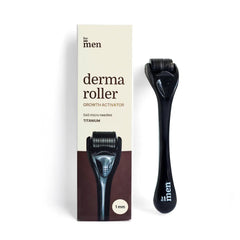
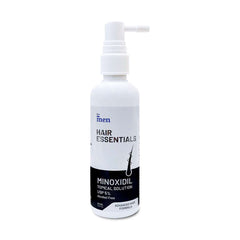
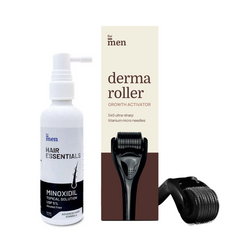
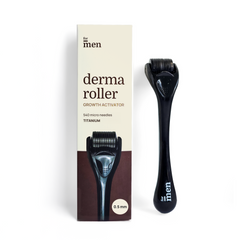
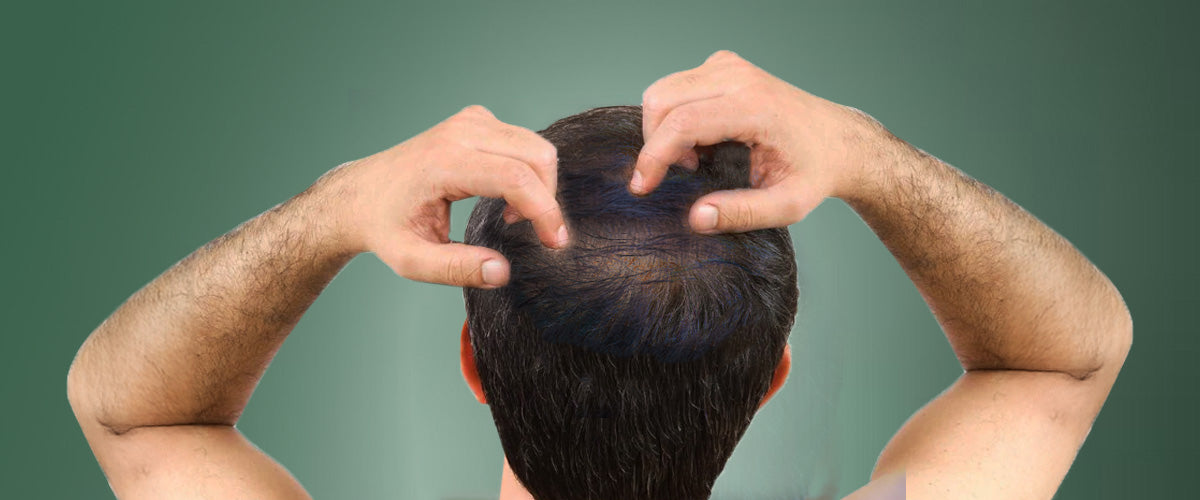

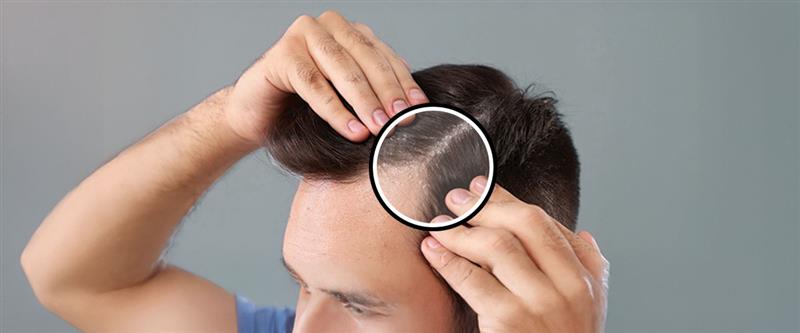
Leave a comment